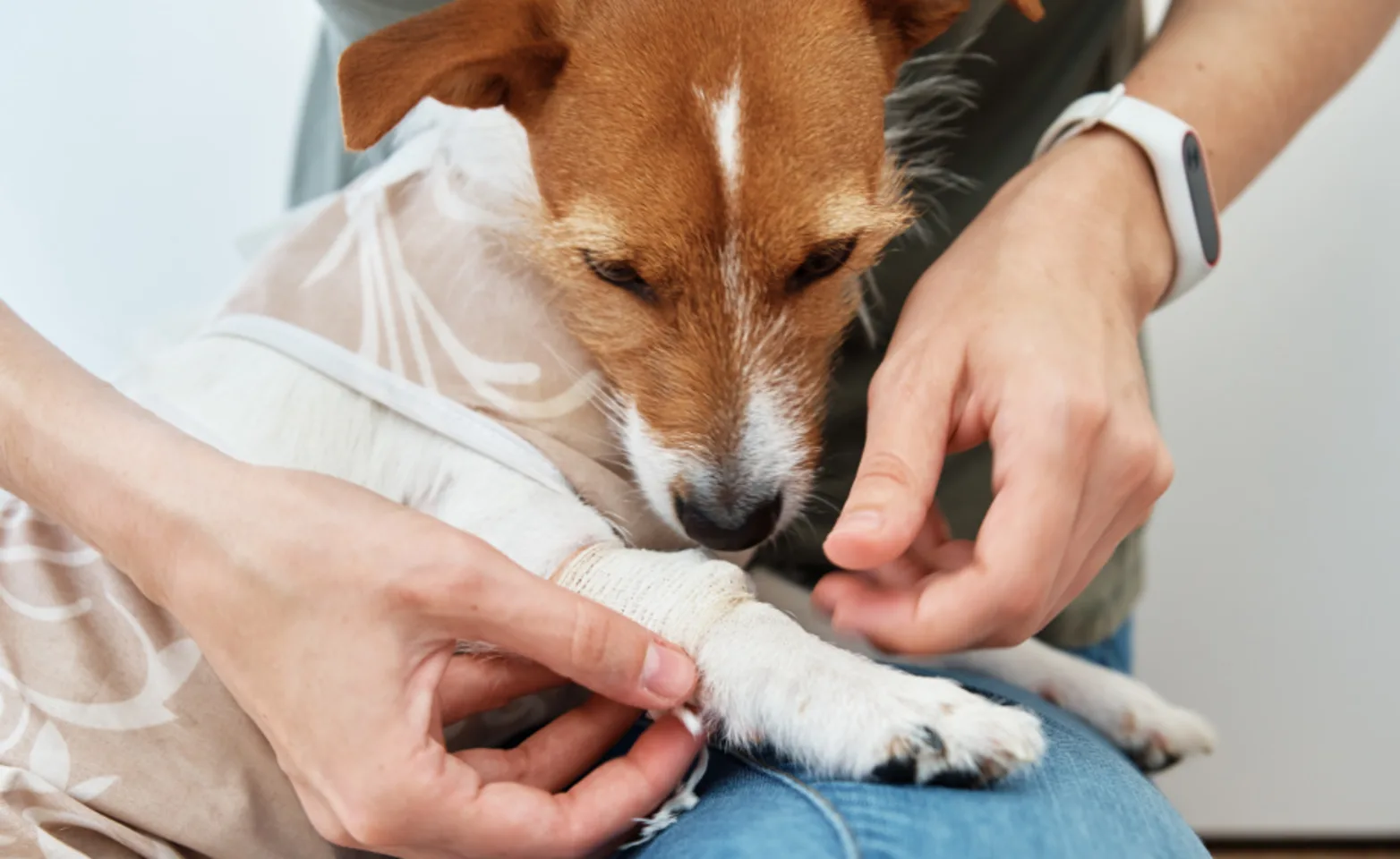Southfort Veterinary Clinic

Emergencies can happen anytime, anywhere.
Southfort Veterinary Clinic's dedicated staff has been known on more than a few occasions to stay late to continue treatment of severely ill patients during their personal time to ensure proper care. That being said, on rare occasions, there are certain cases where a specialist or 24-hour care facility is needed. We always refer to a suitable location if it is in the pet's best interest. Our concern will always be what is best for the pet - their lives come first. Always.
Fatal Mistakes In an Emergency Situation
Many of us don't know what to do in an emergency situation, and because of that, common mistakes are made which can be incredibly dangerous to your pets.
Not Calling the Clinic
In an emergency situation, we have so many things running through our minds that often we miss the most important step - calling your veterinarian. Your veterinary team can help talk you through what to do, how to stabilize your pet and, if necessary, talk you through procedures you may need to perform at home before your pet is stable enough to travel to the clinic for further care. If the situation is severe, you may even be directed to a closer facility to increase the chances of your pet's survival. Most importantly, if you walk in with an emergency, we are not prepared. Time is of the essence in these cases and every moment lost getting information or setting up oxygen can make the difference. Letting us know that you are coming down means that we can be prepared for you the moment you get here and your pet will get complete and immediate assistance. Calling ahead ensures that you have all the information you need to get here safely and we are waiting to help you right at the door.
Waiting Too Long
Often we convince ourselves that things will be fine. 'Sure, he ate chocolate but it was only a little bit.' 'I'm sure by tomorrow everything will be back to normal, right?'
The trick is, our pets are both predators and prey. Their survival skills kick in and tell them to hide signs of illness or injury because they don't want to seem weak. Often we compare them to ourselves and how we feel and react when we get sick, but so often their signs and symptoms are vastly different, and usually much more subtle, than ours. Contacting a veterinarian quickly is the best thing for your pet, no matter what the condition. Large breed dogs, for example, have subtle signs of a fatal condition called Gastric Dilatation Volvulus - restlessness after a large meal, trying to vomit with very little or no success. These simple, nondescript signs are easily overlooked, and when the animal comes in the next day flat out, the prognosis is worse and the internal trauma more severe. Another situation where time is often lost is with the ingestion of toxic or harmful substances. If a toxin is not removed from the system within the first 2 hours, the absorption will have already taken place and the damage to the organs will have started. In these cases, rather than being able to induce vomiting and send home with a few medications that same night, the pet would need to be transferred to a specialty facility for 24 hours of IV fluids and constant monitoring with several rounds of blood work to assess possible damage.
Induce Vomiting At Home
Many animals get into things they shouldn't - especially puppies. One of the most dangerous things you can do is to try to induce vomiting at home by yourself. One problem with this is the safety of doing so. There are a lot of online remedies you can find to induce vomiting, but they are often incorrect. For example, Hydrogen Peroxide is not only incredibly difficult to give a pet, but, if used incorrectly, it can cause gastritis and esophagitis, in severe cases causing sores and burns if given in the wrong concentration. In rare cases, it can also lead to peroxide-induced brain inflammation. Even if the hydrogen peroxide was given correctly and did work, there are still some risks. your pet could aspirate as they vomit or you could induce vomiting in a case where it would not be recommended. Certain chemicals, toys, strings, or other foreign materials may actually cause further damage on the way back up. Depending on the item ingested, you may not be able to ensure that everything came out and x-rays or stomach protectants may be required.
